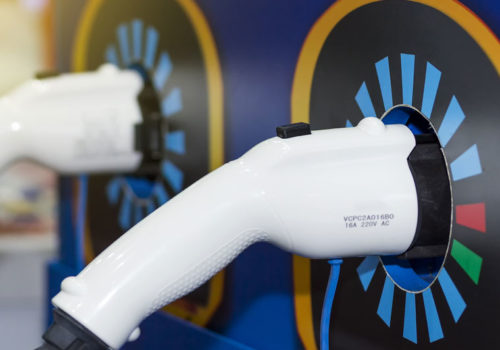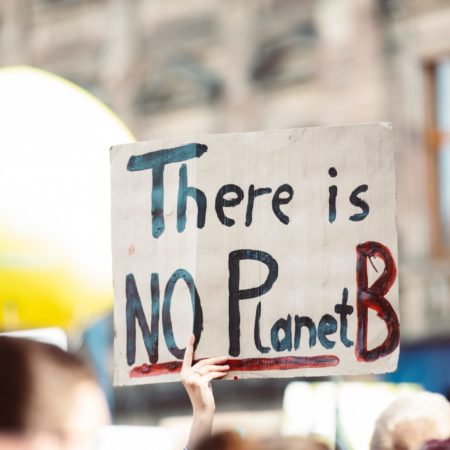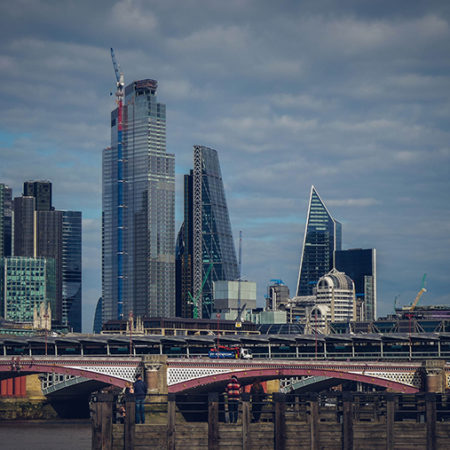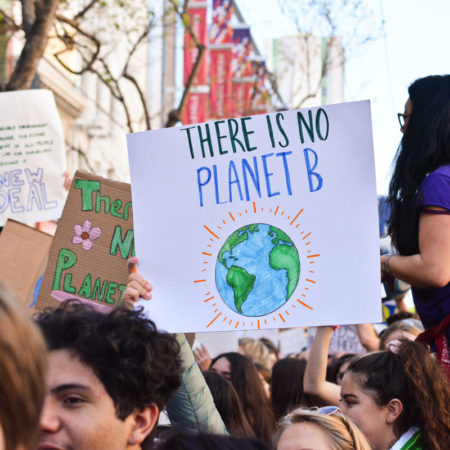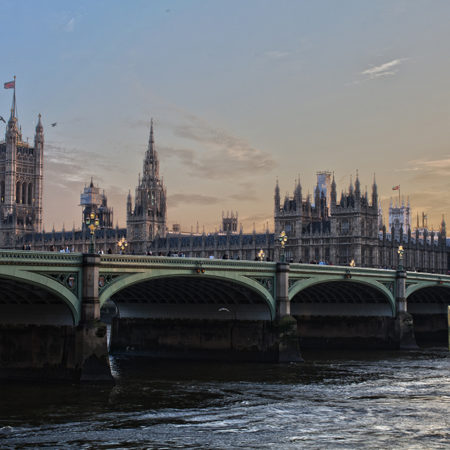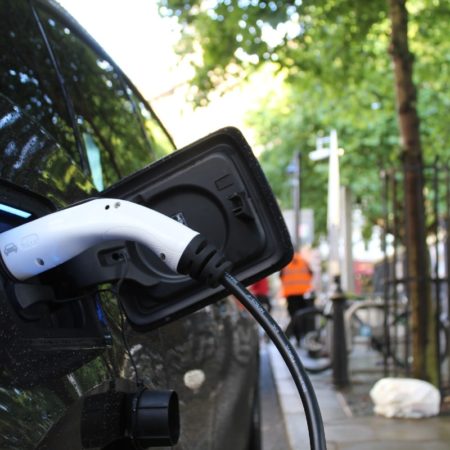Music isn’t always top of the net zero hit list, but it has a range of big CO2 impacts across travel, energy and logistics. Can live performance and environment ever truly harmonise?
Just before Christmas, The Guardian reported the wider music industry has united to pledge net zero emissions by 2050.
Major labels Sony, Universal and Warner have joined independents signing up to climate schemes that aim to guide a cleaner future.
As ever with net zero, some deep digging is required to judge how genuine their aspirations are – or as importantly how likely hitting their targets may be.
The promises in more detail
The labels will sign up to one of two existing schemes familiar to readers of these pages: Science Based Targets (SBTs) or the SME Climate Commitment, the latter part of the UN’s Race to Zero initiative.
Both schemes will require signatories to reduce greenhouse gas emissions to net zero by 2050 with a 50% reduction by 2030.
The companies also pledge to collaborate on measuring carbon emissions in the music industry, help artists speak out on climate issues and communicate with fans on how the music industry impacts on the environment.
They will ‘aim to’ work with streaming companies like Spotify, “To obtain data and drive emission reduction projects in a collaborative fashion.”
Paul Redding, chief executive of Beggars Group (which includes 4AD, XL, Rough Trade and others), said the signatories will be, “Pulling in the same direction on sustainability topics to carry out the same work, in the same way, at the same time.”

Touring, touring, touring…
The impacts of global touring, vinyl manufacturing and the energy used to power streaming are among elements that require attention.
This sounds complex. Where might life cycle analysis or net zero metrics on touring begin and end for example? From the moment the tour bus leaves the yard? What about the energy used in the train travelling through the Channel Tunnel?
How about the fuel for all this, or if electrically powered tour buses were available, are they based on tariffs that confirm their energy is from renewable sources?
Vinyl manufacturing uses plastic and is therefore fossil based. How can we judge whether labels should give up vinyl and instruct fans to stream music, against unknown metrics on the energy used within massive global data centres to power the infinite number of streams we all achieve daily on our smartphones?
SBTs are there to help and there are established approaches available nowadays to tackle these vexing challenges.
But even our light touch review reveals the music industry has complex challenges that could be prone to a touch of greenwash, as are all attempts to embed net zero.
The Music Climate Pact
Further detail on the plans is available here. It is useful detail; for example commitments must cover Scope 1, 2 and 3 emissions.
There are deadlines: by February 2022, signatories must have either signed the SBTs standard commitment letter or joined the Race to Zero programme. The larger labels that must already report on carbon are further down the path.
Universal Music Group (UMG) Executive Vice President, Chief Financial Officer and President of Operations Boyd Muir said: “UMG is proud to join the Music Climate Pact.
“We have established a dedicated Environmental, Social & Governance (ESG) department that is overseeing this vital priority, including our purchases of renewable energy, offsets of greenhouse gas emissions, reduced supply chain footprint and dedication to the highest building standards (such BREEAM and LEED).”
Warner too mentions ESG. Warner Music Group Acting Chief Financial Officer, Lou Dickler said: “We appointed a dedicated ESG leader earlier this year and committed to releasing Warner’s first annual ESG report next year, which will help us hold ourselves accountable and transparently communicate progress to our stakeholders.
“Starting with an inventory of our carbon footprint, we’re developing an ESG platform and roadmap that will move Warner Music into a more environmentally sustainable future. We look forward to collaborating within our community, throughout the industry, and across sectors to deliver necessary change.”
Hope comes from the leaders. These must guide with purpose and transparency, sharing their experiences to help the smaller labels, less versed in carbon reporting and with necessarily less available resource to up their game too.
The final verdict
Julie’s Bicycle is a UK-based music sustainability charity. Its work with Oxford University estimates main GHG music emissions are from fossil-based energy and materials for the heating, lighting and powering of
buildings (offices and music venues); for the manufacture of CDs/vinyl; for trucking music products and touring equipment; for international air travel of artists and staff; and for audience travel to live performances.
The business case for action is rooted in the inevitability of costs which will attach to GHG emissions as carbon regulation, taxes and trading progressively penalise carbon emissions. Simple steps like LED lighting in venues and green energy tariffs are easy wins.
How fast can the Pact get these measures in place? Time will tell.






